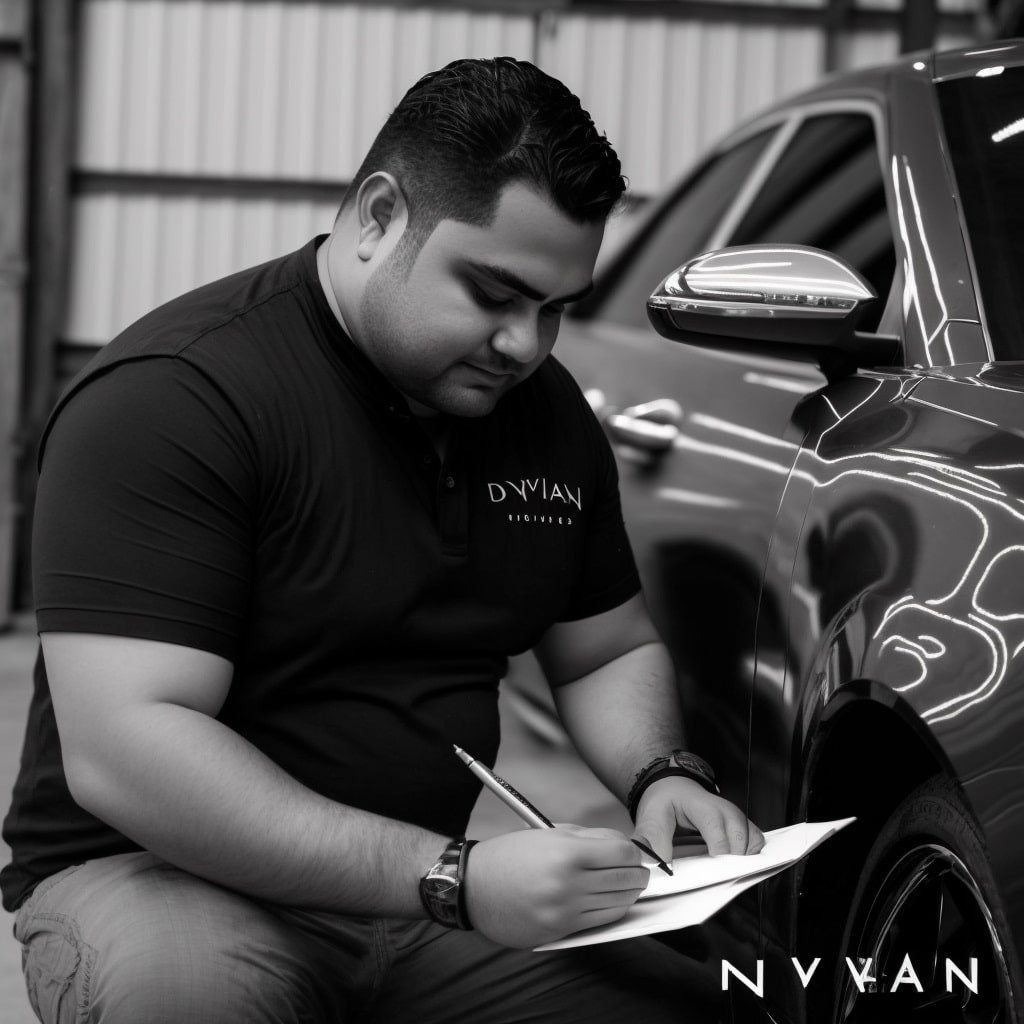Last Updated on April 10, 2023 by Ryan
When charging a car battery, boiling can occur if the charger is too powerful or the connections are loose. Boiling occurs when the battery’s cells become overcharged and release gas bubbles, resulting in bubbling sounds from the electrolyte solution. If left unchecked, this could lead to an explosion and damage of nearby components such as wiring harnesses.
To prevent boiling, it is important to use a charger that matches your battery’s voltage requirements and ensure all cables are securely connected before beginning to charge. Additionally, you should monitor the temperature of the terminals during charging and stop immediately if they become too hot. Regular maintenance involving cleaning corrosion off terminals can also help reduce any chance of overheating while charging for added safety measures.
When charging your car battery, it’s important to be aware of the potential risk of boiling. Boiling occurs when the battery is overcharged and can cause damage due to excessive heat. This can happen if a charger isn’t properly calibrated and left on too long, or if a faulty charger is used.
To prevent this from occurring, make sure you use an appropriate charger with adjustable settings and disconnect the charger as soon as it finishes charging your battery.
Lead acid battery boiling during charging: this is bad, right? (2 Solutions!!)
Boiling Battery While Charging
Boiling batteries while charging is not recommended since it can cause the battery to malfunction or even catch fire. This occurs when the battery overheats during the charging process, which can lead to hazardous fumes and other dangerous conditions. To avoid this, it’s best to charge your device in a cool environment away from direct sunlight and other sources of heat.
Additionally, keep an eye on your device while charging as any sign of irregularity should be addressed immediately by unplugging the charger and taking proper safety precautions.
How to Fix Boiling Battery
To fix a boiling battery, the first step is to identify what caused it in the first place. Possible causes include overcharging, undercharging, high temperatures, and short-circuiting. Once you have identified the cause of the boil-up, take steps to correct it by replacing any damaged components or adjusting charging times if necessary.
Additionally, ensure that your battery has adequate ventilation so that heat can dissipate properly and prevent excessive heating from occurring again in future.
Deep Cycle Battery Boiling When Charging
When charging a deep cycle battery, the presence of heat is normal and should not be alarming. If the temperature of the battery exceeds 140°F (60°C), this can indicate that there is an issue with either your charger or your battery, and further investigation may be necessary. If boiling occurs during charging, it could signify a problem such as overcharging or sulfation build-up in the cells, so it’s important to take appropriate steps to prevent any damage from occurring.
What to Do When Car Battery is Boiling
When your car battery is boiling, it’s important to take immediate action. First and foremost, stop driving the vehicle immediately as this can cause further damage. Inspect the battery for signs of corrosion or leaks that could be causing the overheating issue.
If necessary, move the car away from any flammable materials. Then disconnect both ends of the cable from the terminals on either side of the battery to ensure no power is going through while you work on it. Call a professional if needed and never touch any exposed wires as they pose a risk for electric shock!

Credit: www.youtube.com
What Causes a Battery to Boil Over When Charging?
When a battery is charging, the chemical reaction that takes place within it produces heat. If this heat builds up too quickly and exceeds the maximum temperature threshold of the battery, it can cause the electrolytes to evaporate and overflow from its cells. This buildup of heat is often caused by an increase in current flow due to overcharging or when using a charger with too high of an amperage rating for that particular battery.
In some cases, dirt or corrosion on the terminals may also reduce conductivity and increase resistance which can contribute to overheating during charge. To prevent boil-over, users should always use correct chargers designed specifically for their batteries, avoid overcharging them beyond what’s recommended by manufacturer instructions and ensure contacts are clean prior to each use.
Should You Hear Bubbling When Charging a Battery?
No, you should not hear bubbling when charging a battery. Bubbling is an indication of a short circuit or other dangerous problem and could be the sign of a faulty charger or battery. If you are hearing bubbling noises while charging your battery, it’s important to unplug immediately and take appropriate safety precautions.
It’s best to avoid using that particular charger or battery again until it has been inspected by a professional.
Why is My Battery Making a Sizzling Noise While Charging?
If you are hearing a sizzling noise while your battery is charging, it could be indicative of an electrical problem. This type of sound usually indicates that there is too much current flowing through the battery or that the contacts on the charger and/or battery are corroded or damaged. In some cases, this can cause an overcharge to occur which can lead to damage of the cells in your battery and reduce its performance and lifespan.
If you suspect this may be occurring with your device, it’s best to stop charging immediately and seek professional help to ensure that no further damage occurs.
Why is My Battery Making a Bubbling Noise?
This bubbling noise coming from your battery could be caused by a number of issues, the most likely being that there is an accumulation of gas or moisture within the cells. This can occur if the battery has been overcharged or if it has not been used for some time and allowed to sit in one place for too long. The buildup of pressure causes bubbles to form and this results in a bubbling sound when current is being drawn from it.
If you notice this noise, then you should immediately stop using the battery and have it inspected by a professional as soon as possible in order to prevent any further damage.
Conclusion
This blog post has highlighted the important safety precautions that should be taken when charging a car battery. It is essential to take all of these steps, as boiling water and dangerous chemicals can result from improper charging. Taking the necessary steps to ensure safe charging will help keep you and your vehicle safe.
In conclusion, it is important for every driver to understand how to properly charge their car battery in order to avoid any potential hazards or damage.



